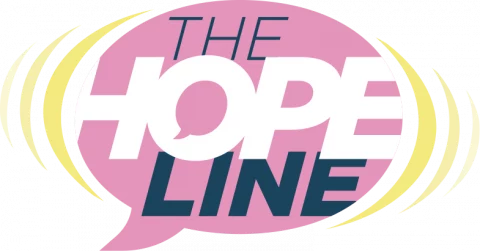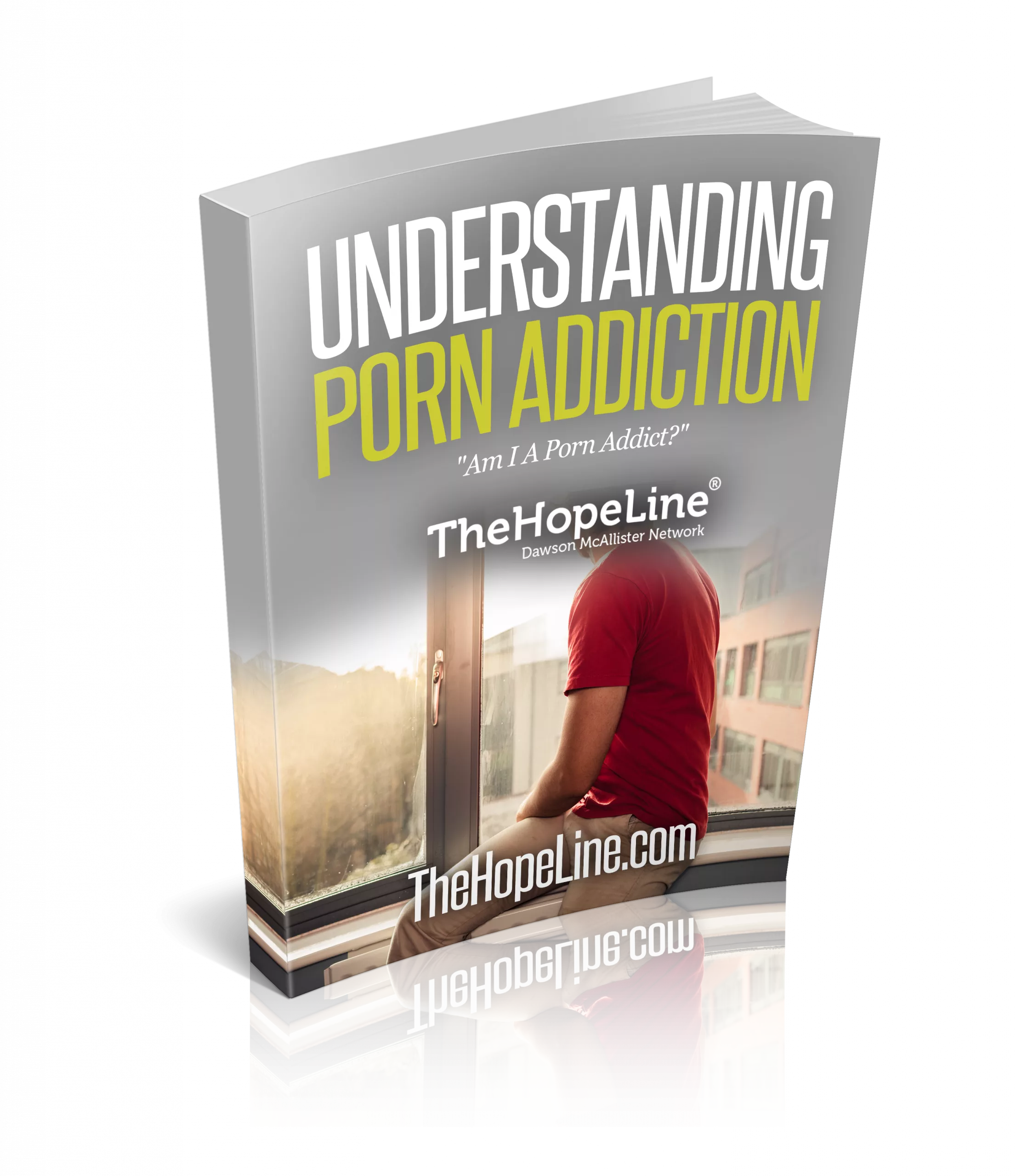According to The American Psychiatric Association (APA), addiction (also known as severe substance abuse disorder) goes deeper than a series of negative behaviors.
"Addiction is a complex condition, a brain disease that is manifested by compulsive substance use despite harmful consequence."
If you are dealing with addiction, your focus on using addictive substances or behaviors to cope is so fixed that it takes over your life. In fact, you continue to do so, in spite of how it's hurting you, your relationships, your work/academic performance, and your ability to connect with others.





 Privacy Policy / Terms of Use
Privacy Policy / Terms of Use